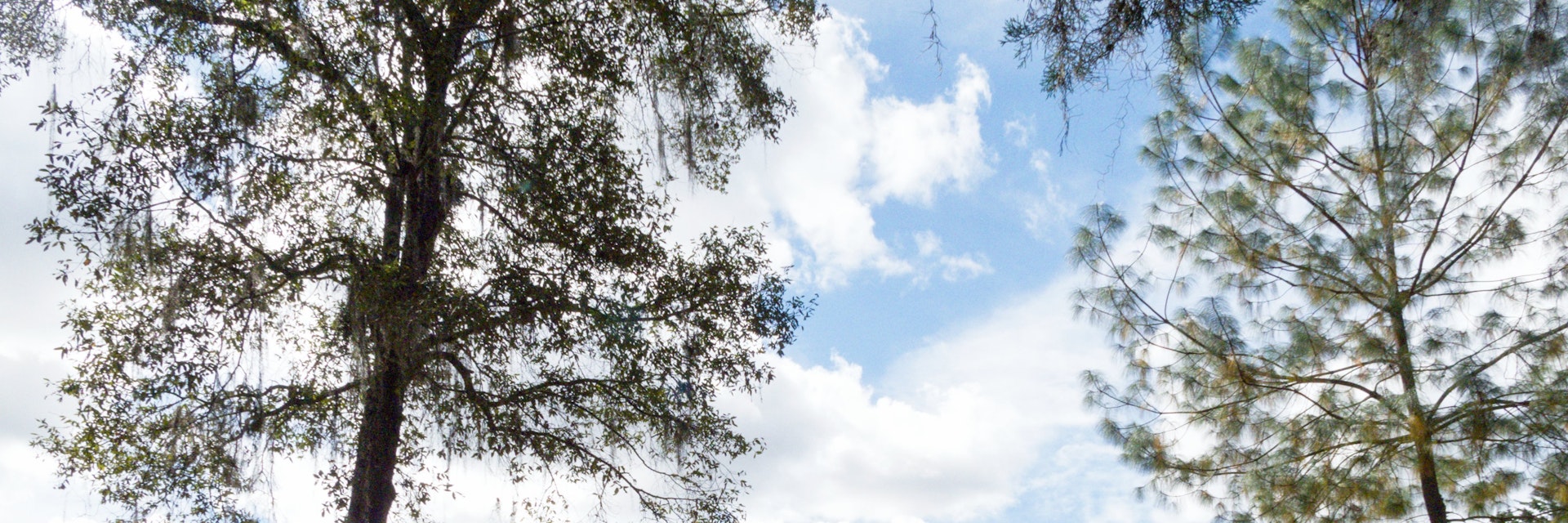The ruins of the ancient K'iche' Maya capital of K'umarcaaj remain a sacred site for the Maya, and contemporary rituals are customarily enacted here. Archaeologists have identified more than 80 large structures in 12 groups, but only limited restoration has been done. The ruins have a fine setting, shaded by tall evergreens and surrounded by ravines. Bring a flashlight.
The kingdom of K'iche' was established in late Postclassic times (about the 14th century) by a mixture of indigenous people and invaders from the Tabasco–Campeche border area in Mexico. King Ku'ucumatz founded K'umarcaaj which, owing to its naturally fortified position, commanded an extensive valley, and conquered many neighboring settlements. During the long reign of his successor, Q'uik'ab (1425–75), the K'iche' kingdom extended its borders to Huehuetenango, Nebaj, Rabinal and the Pacific Slope. At the same time, the Kaqchiquel, a vassal people who once fought alongside the K'iche', rebelled, establishing an independent capital at Iximché.
When Pedro de Alvarado and his Spanish conquistadors hit Guatemala in 1524, it was the K'iche', under their king Tecún Umán, who led the resistance against them. In the decisive battle fought near Quetzaltenango on February 12, 1524, Alvarado and Tecún engaged in mortal combat. Alvarado prevailed. The defeated K'iche' invited him to visit K'umarcaaj. Smelling a rat, Alvarado enlisted the aid of his Mexican auxiliaries and the anti-K'iche' Kaqchiquel, and together they captured the K'iche' leaders, burnt them alive in K'umarcaaj's main plaza and then destroyed the city.
The museum at the entrance will help orient you. The tallest of the structures round the central plaza, the Templo de Tohil (a sky god), is blackened by smoke and has a niche where contemporary prayer-men regularly make offerings to Maya gods. The L-shaped ball court alongside it has been extensively restored.
Down the hillside to the right of the plaza is the entrance to a long tunnel known as the cueva. Legend has it that the K'iche' dug the tunnel as a refuge for their women and children in preparation for Alvarado's coming, and that a K'iche' princess was later buried in a deep shaft off this tunnel. Revered as the place where the K'iche' kingdom died, the cueva is sacred to highland Maya and is an important location for prayers, candle burning, offerings and chicken sacrifices.
If there's anyone around the entrance, ask permission before entering. Inside, the tunnel (perhaps 100m long) is blackened with smoke and incense and littered with candles and flower petals. Use your flashlight and watch your footing: there are several side tunnels and at least one of them, on the right near the end, contains a deep, black shaft.
The ruins of K'umarcaaj are 3km west of El Quiché. Gray 'Ruinas' microbuses depart from in front of the cathedral in Santa Cruz every 20 minutes (Q1). The last one back is at 6:50pm.


